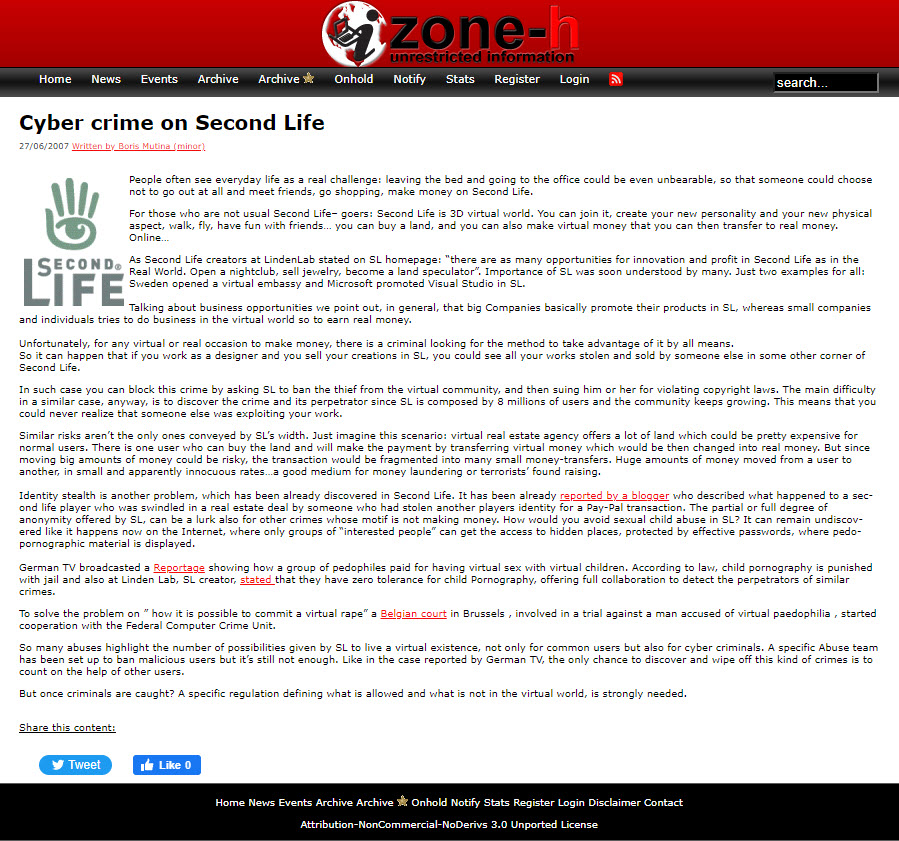P.S: While the country is debating on the Hijab Controversy, professionals are refraining from joining the debate because any discussion could be mis-construed as “Political” or “Religious”. However, since the controversy is being debated in the Courts on the basis of the provisions of Indian Constitution, if the professionals remain outside the debate, they will fail to put across their views when it is required. Hence this small piece.
Hijab Vs Uniform
The Hijab Controversy in Karnataka has now reached the Courts. If the Courts want, the immediate controversy of “Hijab” in schools can be settled quickly as a need to keep religion out of the education institutions and making uniforms mandatory to ensure a sense of equality of students in a student group.
However, if the Courts want to allow the controversy to be taken to a debate of “Right to Practice Religion”, they will be opening a pandora’s box.
This should be avoided.
Right to Hijab Vs Right to Privacy
However, we should debate the controversy from a professional perspective and pick up the thread whether the “Right to Hijab” is connected with the “Right to Privacy” as being argued in the Courts.
As we know, “Right to Privacy” was not defined in the KS Puttaswamy Judgement and it stopped at saying that Right to Privacy is part of the Right to life and liberty under constitution (Article 21) and like other fundamental rights is subject to reasonable restrictions to protect other rights of the third parties.
Justice Chelmeshwar went on an argument that Right to privacy includes what we eat, where we go etc., but Justice Chandrachud was clear that “Right to Privacy” is understood as the “Right to be left alone” and it is a mental state of a person to “Feel that he is left alone”. The judgement subsequently focussed more on “Information Privacy” which was the “Right to exercise a choice of how an individual’s personal information can be used by the society”. This was however subject to the “Reasonable Exceptions”.
Right to privacy is not a “Right to anonymity” where one would like to hide his/her identity and interact with other members of the society. It is unacceptable that a person will say I will enter into a transaction with you but I would not like to reveal my identity. This leads to the situation where the right of privacy of one person affects the right to security of another person.
The first level of trust in human interactions starts with the identity of the other person. Identity is declared by the persons by saying “I am so and so”. But this spoken word is re-inforced by the two people seeing each other, so that there is a “Facial Recognition”.
Any method by which a person will put a veil on his face defeats the requirement of two transacting persons identifying each other and develop “Trust” for conducting a transaction.
A “Transaction” is not always a transaction of “Sexual intentions” and the Court cannot uphold the principle that when a man sees a women, it is always with a bad intention. If this is the basis of Hijab then Courts have to come down heavily against this “Deemed” perception even if it is written down in religious texts.
“Facial Identity” is the essence of building trust and the full body burqa covering the face is therefore not acceptable for a person when interacting with the public. It ceases to be a freedom of choice to dress as it impacts the other persons in the society.
Since Right to Privacy cannot be considered as “Right to hide identity”, there appears to be no fundamental right to hide identity while trying to involve another person in a transaction. To the extent the head to toe coverage can hide criminals in public place, it is a security concern and hence the head to toe coverage has a public security issue.
Hence any Hijab that covers the face should be considered as unacceptable to the society.
Short Hijab Vs the Burqa
The short hijab covering parts of the hair and chest is different as it does not affect the facial identity.
The short hijab however will continue to be treated as display of religious identity and if this is allowed against the concept of “Uniform” then the Court will have to also allow “Saffron Shawls” or “Saffron headgear” to be worn by others.
It is difficult to see how the Courts can uphold the right to hijab without holding the right to Safforn shawls and hence the decision of the Court in this direction would only take the controversy to higher levels of division of the society and will be a law and order issue.
Hindu Woman vs Muslim Woman
I would like the Court to remember that if they uphold Hijab for this religious consideration that it is meant to protect the modesty of women, it should extend it to even the Hindu women also. It will be illogical to say that protection of the modesty is required only for Muslim women and not Hindu women.
Court Dress Code
If the court is inclined to take a decision to uphold the hijab as a religious right but denounce the Saffron shawl as a Hindutva mischief then it would be an unfortunate decision.
In that case, a question should be asked if the Court is prepared to change the dress code in Courts and allow all women lawyers and judges cover their faces so that evil eyes cannot fall on them…or at least allow Muslim women lawyers and Judges to come in burqas to the Court.
I wish the Courts will take the right decision without being hypocritical or religiously diplomatic.
Naavi










